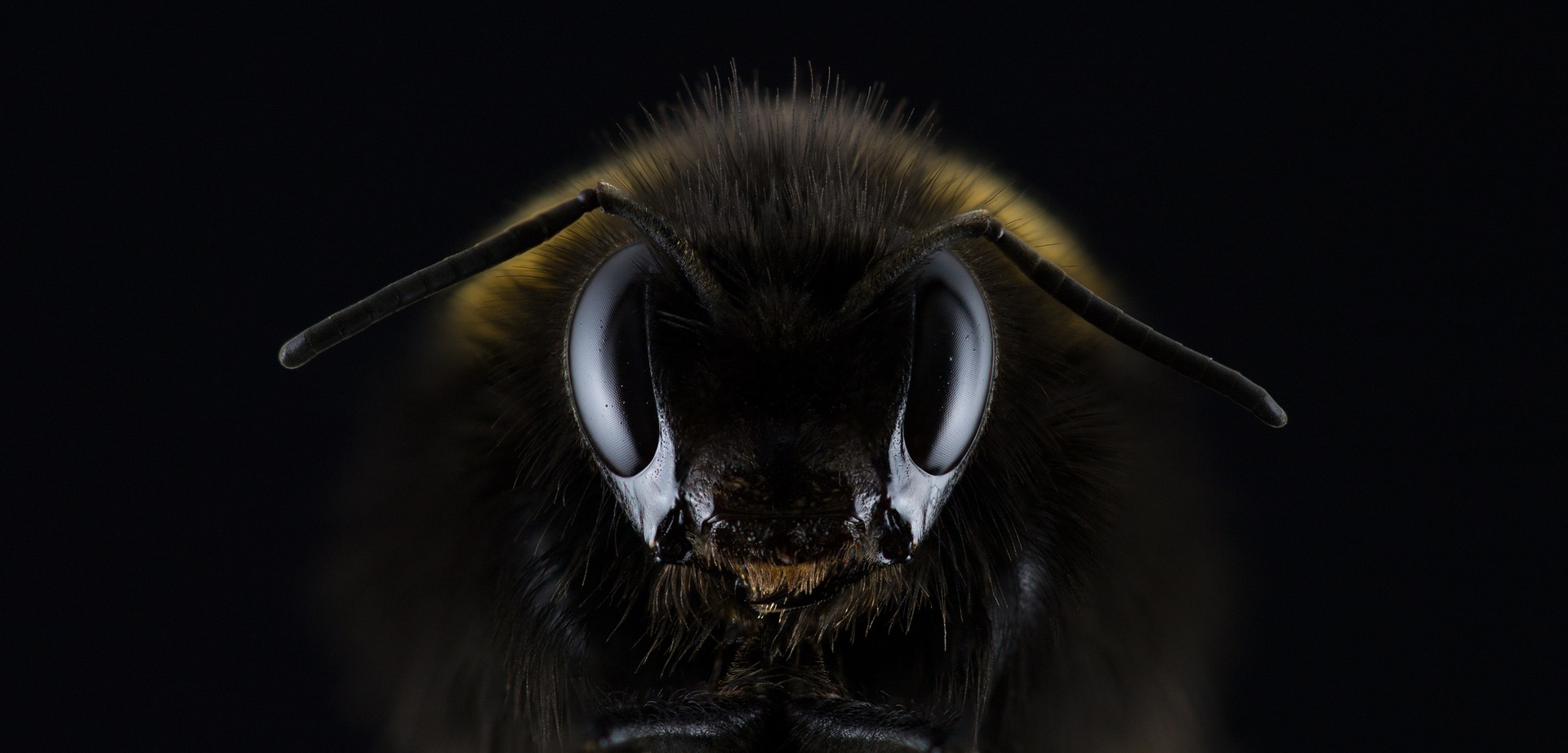
Damned Insect
Translated by Ibrahim Fawzy
It seems to him that he deserves the Nobel Prize for Laziness. He sees his head assassinated by idleness, digging swirls of silence in his blood in a similar way to digging gas lines in the street where he lives.
His everyday dreams gather like insects, haunting his body in successive migrations. “What kind of life is this? A life without a moment of delinquency,” he repeats though he had grown used to respecting idealism. Nothing happens haphazardly; studying, eating, drinking, entering the bathroom, prayers, moments of reflection, and even sleeping. Just now, he realizes that routine has sold him out, and it has been on the verge to throw him into chaos.
Not long ago, he bought a pack of American tobacco on a whim to violate the routine, and locked himself in his room. He smoked heavily until smoke, clustered over his head, made him feel that he became a big cigarette. The following day, he burnt his books and diaries, and pissed in his room until he could no longer bear the deep-seated urine smell.
During prayers, he behaves impudently on purpose. He plays with his testicles, and sings in his sujood. His devil has made him think he is like Hubal.
He still feels the taste of discipline and the legs of insects, penetrating his body and implanting a feeling of being besieged or metamorphosed into an insect or, at best, a cockroach. But how can he make this feeling real?!
“Well, I can kill you, damned discipline,” he repeats while sprinting down the stairs. He is heading to a pharmacy to try a new drug about which he has heard from some of his unprincipled comrades whom he used to reproach and avoid because of their depraved company in his past disciplined life.
He swallows a bill all agog, and then says, “What is this?!” Everything in front of his eyes turned into insects. He is pie-eyed, repeating; “Insects following insects.”
He himself has been metamorphosed into an insect, chasing millions of insects poured out on floors and walls as though this numbing pill has included half of the Earth’s insects. The delight of the legs felt in every part of his body has increased his drunkenness. Piece by piece, he takes his clothes off as if he is looking for his wings. He holds his shoes and hits the wall in front of him violently.
He calls insects surrounding him out to get onto the magic carpet to run after this insect stuck to the ceiling. “In search of your wings, get onto the carpet with me to kill this evil-smelling insect,” he calls them out again, but no one responds except for a poor wing-broken insect.
The carpet speeds up, chasing and prowling the evil-smelling insects stuck to the ceiling, and its myrmidons of black flies with disturbing buzzing.
He simply retreats with the wing-broken insect behind a fly, infuriating him. He goes down on the carpet to get something to hit with, but his hand recklessly breaks the lamp, and he falls down in a swoon.
The hurly-burly made by the clash between his body and the floor violates the discipline followed at home. His mother opens the door to find him lying prostrate, completely naked, repeating; “Get out, you damned insect.”
____________________________________
Translator’s note
Surreal and disorienting, this thought-provoking “Damned Insect” explores the consequences of capitulation, and how rebellion is, sometimes if not always, the only way to self-realization, and it is the result of selling out. Kafkaesque and baffling, this piece takes us on a fictional journey within the protagonist’s subconscious to reveal his complex psychological world; the protagonist wants to be metamorphosed into an insect to get rid of a life he is not comfortable with. The childish deeds are no more than failed trials to break the barriers of silence around him, and create chaos in a rather calm life. However, he finally finds out that these trials are done by a wretched person who is unable to make a slight change, or even move stable things.
Hany Said’s style is (a) straightforward with poignant simplicity, (b) distinguished by poetic language that fits the characters’ backgrounds and environments, and (c) pregnant with social and psychological denotations. Since the protagonist is alienated, I tried, in my translation, to alienate and jar readers, too through leaving words such as Sujood and Hubal untranslated because (a) there are no proper English translations for them, and it is organic to have Arabic words, idioms and expressions that cannot be translated in a way that fully conveys the meaning, and (b) it is a gesture of inclusion of bilingual readers.
Author’s Bio:
Hany Ali Said is an Egyptian professor of Arabic Rhetoric and Literary Criticism at Fayoum University in Egypt and Qassim University in Saudi Arabia. He writes both creatively and academically. He published several academic books and articles. He also authored two short-story collections; The Echo of Silence, his first short-story collection that was published in 2014, and Kafka’s Butterflies, his latest short-story collection published in 2022. He was awarded many prizes; Al- Joumhouria, a prominent Egyptian daily newspaper, award for the best scholarly article in 2009. In 2018, he was awarded the voice of creativity award for the best book of essays.
Translator’s Bio:
Born in Egypt, Ibrahim Fawzy is an Assistant Lecturer at the Faculty of Arts, Fayoum University, Egypt. He earned his MA in Comparative Literature in 2021. He is also an emerging literary translator whose translations (both from and into English and Arabic) have appeared in ArabLit Quarterly, Merit Cultural Magazine, Sard Adabi, and African Qira’at. In 2021, he was awarded the iRead award for the best review of Naguib Mahfouz’s novels. His first monograph, Belonging to Prison, is forthcoming in 2022.
